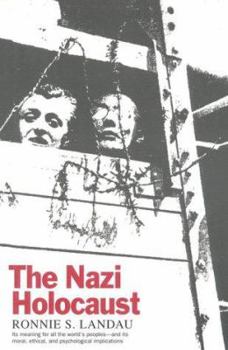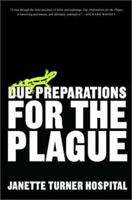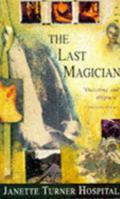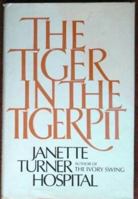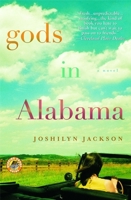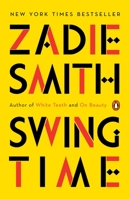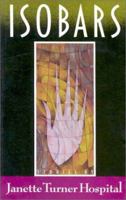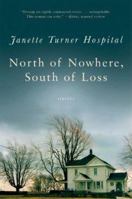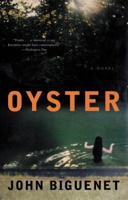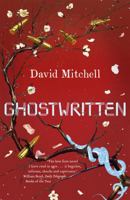The Nazi Holocaust
Select Format
Select Condition 
You Might Also Enjoy
Book Overview
The Nazi Holocaust is an important breakthrough in the struggle to understand this shattering event. By shunning simplistic explanations, Landau seeks to mediate between the vast, often unapproachable subject and the reader who wrestles with its meaning. Locating the Holocaust within a number of different contexts-Jewish history, German history, genocide in the modern age, and the larger story of human bigotry and the triumph of ideology over conscience-his book is a model text, brief but surprisingly comprehensive. This description may be from another edition of this product.
Format:Hardcover
Language:English
ISBN:1566630541
ISBN13:9781566630542
Release Date:March 1994
Publisher:Ivan R. Dee Publisher
Length:372 Pages
Weight:1.25 lbs.
Dimensions:1.4" x 5.8" x 8.6"
Customer Reviews
1 customer rating | 1 review
Rated 4 starsnot as comprehensive as its title might imply
By Thriftbooks.com User,
but still essential. i wouldn't want to examine it as a narrative; landau's essentially offering facts and tying them together chronologically- but as a one-volume overview of the Holocaust, it works wonderfully- and tragically. by detaching the stories from the context of the German political environment of the time, landau underscores exactly how systemic the process was. one day, the Jews lost their bench-sitting...
1Report










